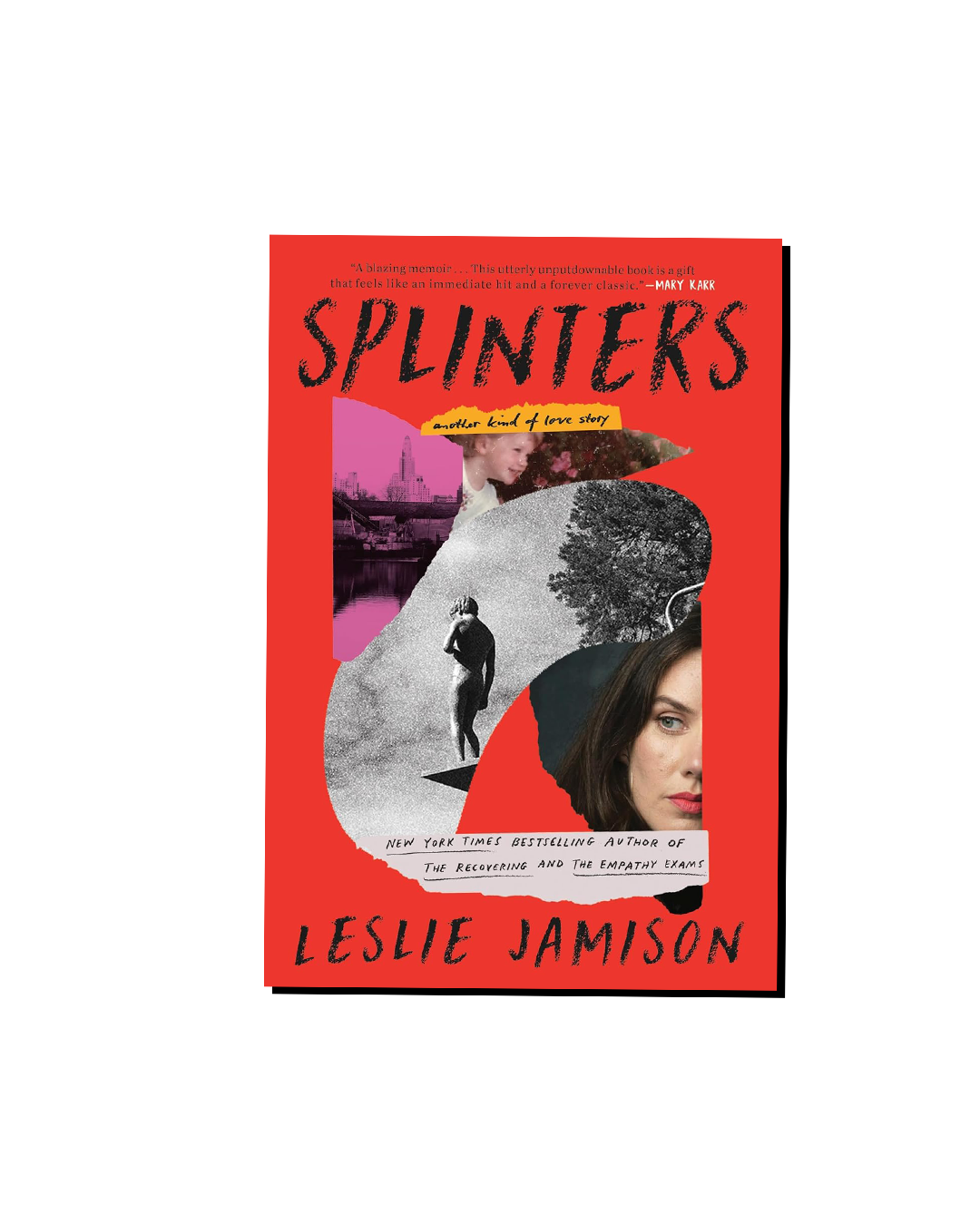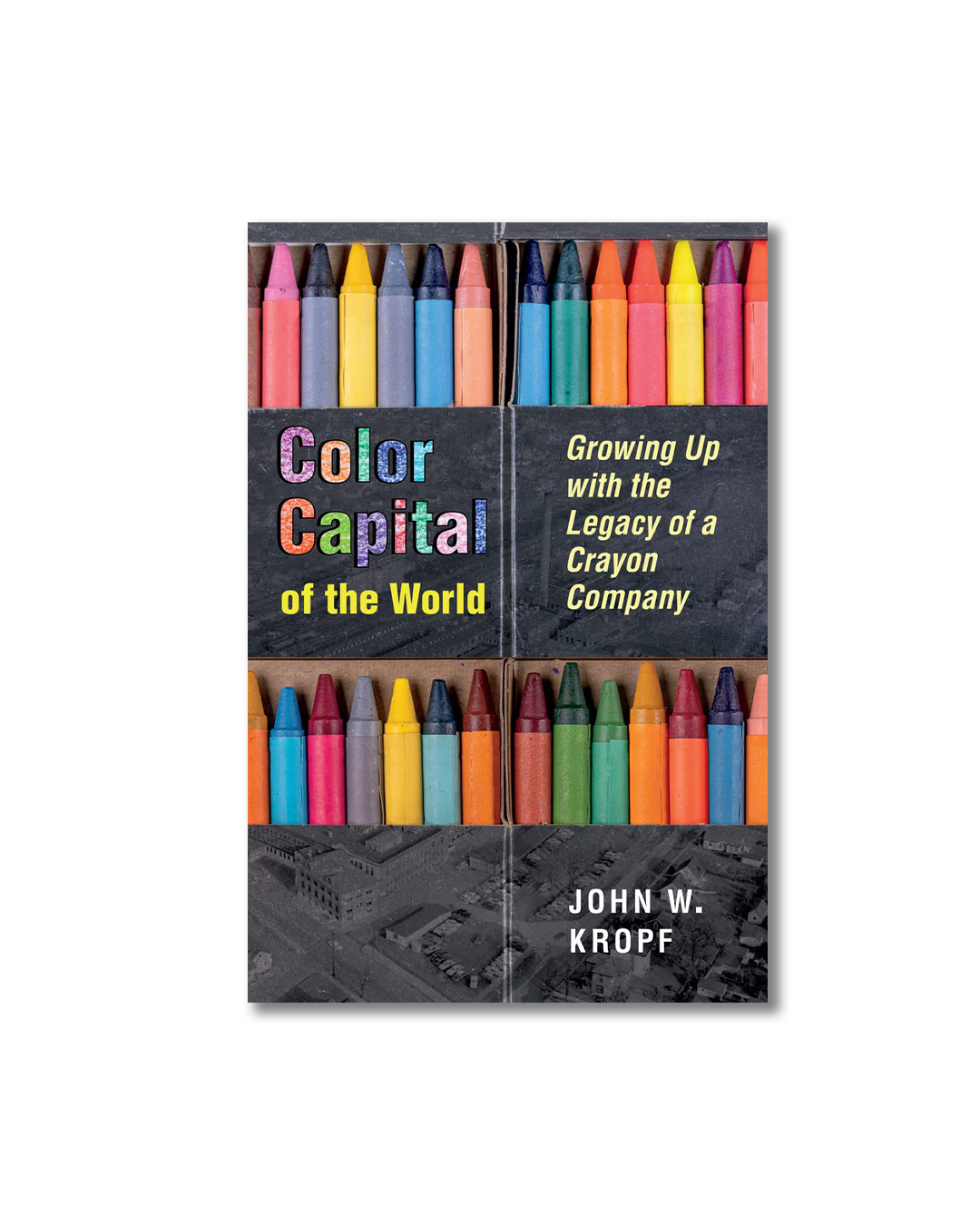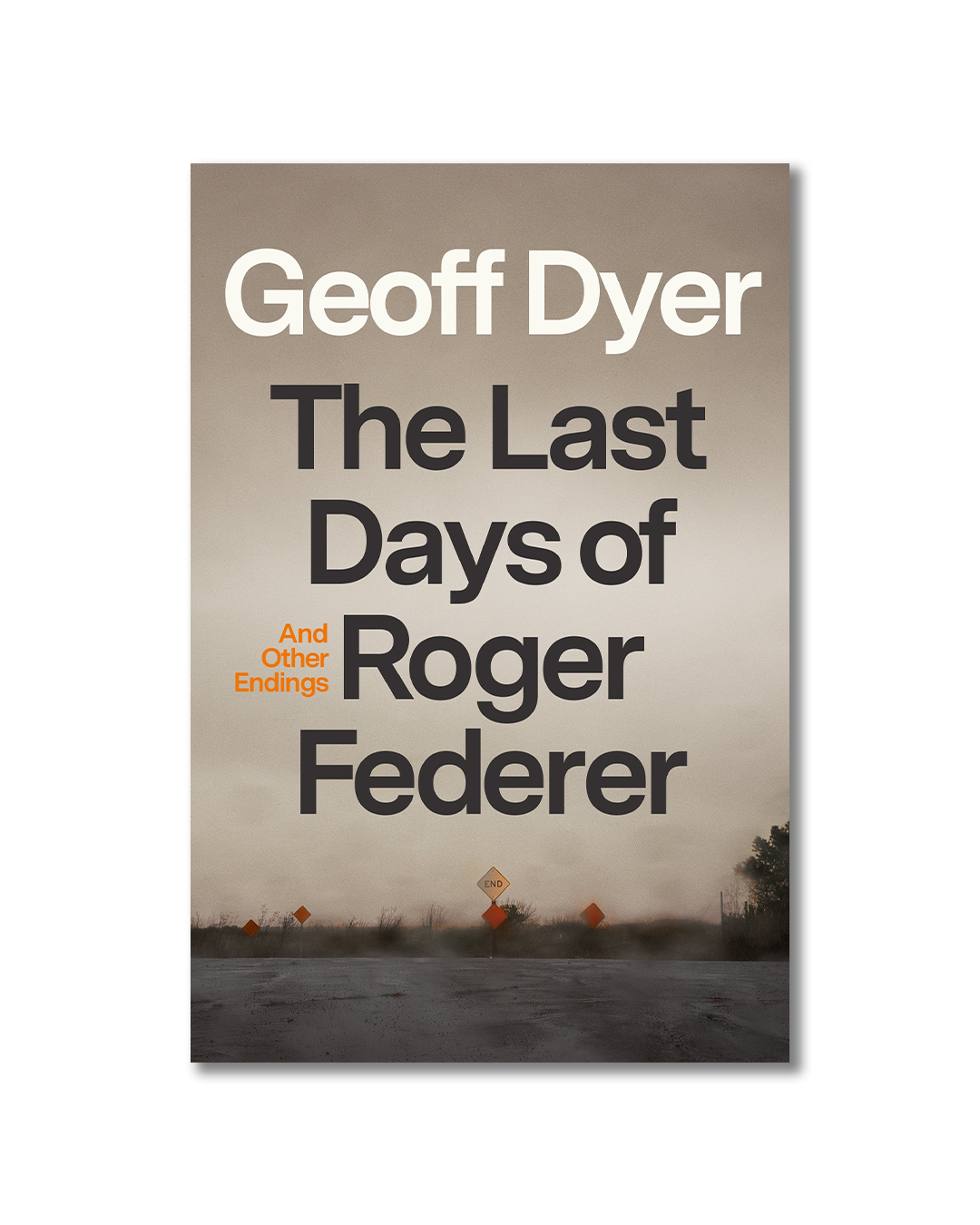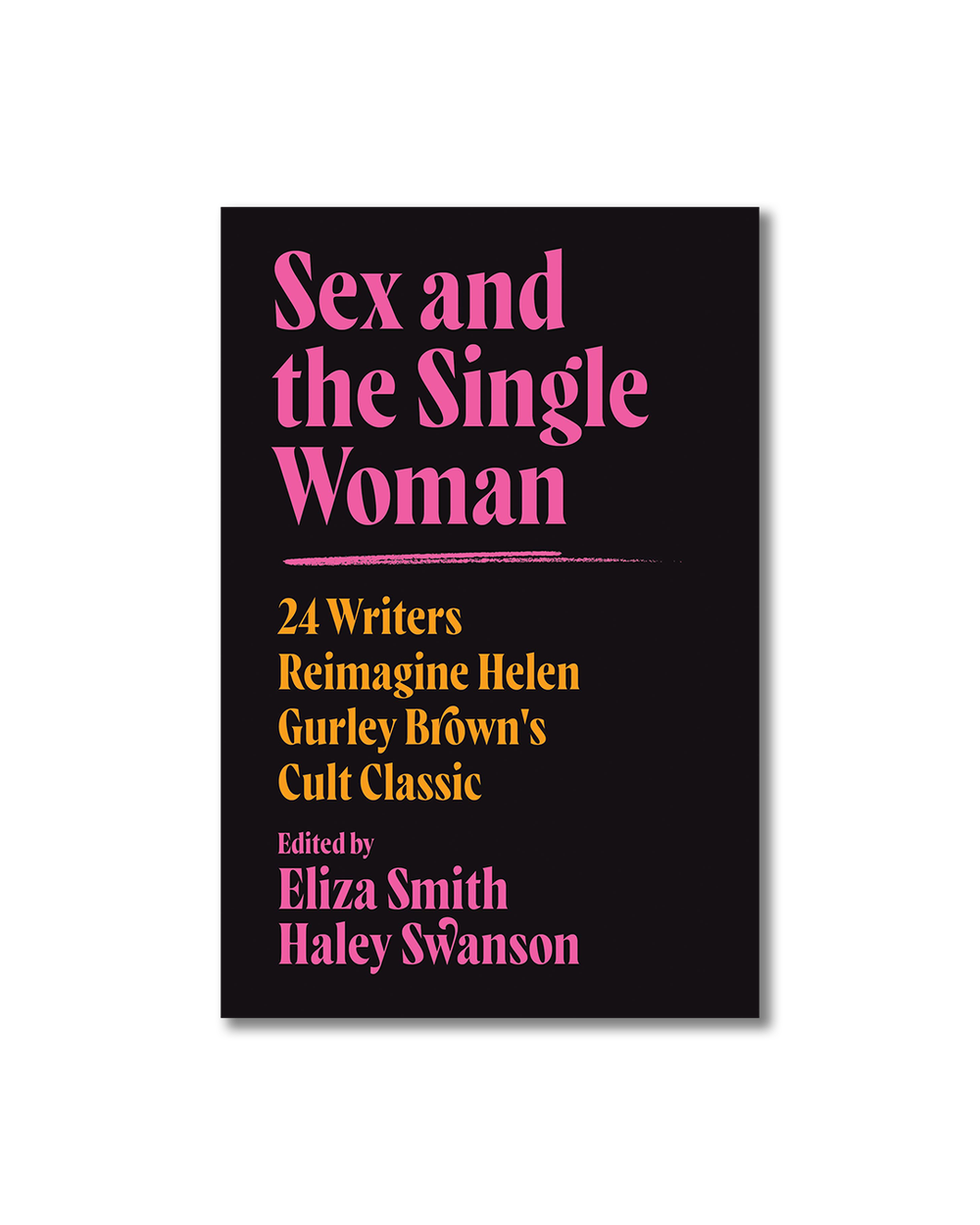Love as Solicitude: On Geoffrey Mak’s “Mean Boys”
The voice sometimes shifts drastically between essays, which is an intentional choice—me playing around with this idea of “code-switching,” and also this postmodern aesthetic of schizophrenia, where I don’t just write from a singular voice, but multiple.
Beauty in the Breakdown: On Leslie Jamison’s “Splinters”
A certain kind of glamor resides not just in possessing a void like the great emptiness—which lends the person who holds it an air of depth, impenetrability, and mystery—but in one’s reaching for destructive, impulsive, or obsessive remedies to fill that void.
The Internet’s Greatest Grifter: On Caroline Calloway’s “Scammer”
There’s also the question of genre itself: there’s an established tradition in American letters of privileging storytelling over truth-telling when it comes to what we might call literary journalism.
The Writing Kind: On Kate Zambreno’s “The Light Room”
Zambreno shares my want, which is Cornell’s want: to hone in on the shifting gradations of light and temperature throughout the day by being present to the world and those within it.
The Stories We Tell About Ourselves: On CJ Hauser’s “The Crane Wife”
Your apartment is nice, but not amazing. You’re not struggling nor are you wealthy. Sometimes you regret not working harder. Other times, you regret not making more irresponsible choices. If traditionality is suffocating, living free is like treading water and trying not to sink.
from “Ukraine Is Not Dead Yet”
When I close my eyes and think of my hometown, the elements that come to mind are not that much different from what my great-grandfather encountered when he arrived in Cleveland from his Ukrainian village of Staryava almost a century ago, in 1929.
from “Color Capital of the World”
Sandusky carried a raw and pallid three-season grayness of any small-sized Midwestern industrial town, but I knew we still carried the title Color Capital of the World. The hard part was that no one in the present world remembered the distinction.
Exposed at a Slant: On Nuar Alsadir’s “Animal Joy”
Art—like laughter—is built on uncovering. Just as clowns, poets and artists display their True Selves in the name of craft.
My Life… My Life…: On Nabil Ayers’ “My Life in the Sunshine”
The lasting impression has not so much to do with what was passed down but with what was obscured.
Ways of Ending: On Geoff Dyer's "The Last Days of Roger Federer"
Early departures, surprise comebacks, protracted witherings, late holdings-on: all different ways of ending things.
Bringing the Body into the Room: A Conversation with Chris Belcher
The idea that you can just be in this space of pure intellectual pursuit, without a body to feed or provide shelter for, that just by pursuing these kinds of degrees, you leave your body behind, is a fiction.
Departing from the Standard Solo: On Brenda Miller and Julie Marie Wade’s “Telephone”
This book, then, is a challenge to the status quo, and its lyrical diptychs prove the collaborative enterprise to be a success.
Amor Fati: On Selina Mahmood's "A Pandemic in Residence"
As an Emergency Medicine resident working in NYC’s ERs, for me, fear is no longer the dominant emotion that COVID provokes.
Shooting at Nothing: An Interview with Ander Monson
For his new memoir, Predator, Ander Monson watched the eponymous 1987 action flick 146 times.
Excavating Memories: On Suzanne Roberts’ “Animal Bodies”
“The essay is a transgression,” begins Suzanne Roberts’s collection of personal essays, Animal Bodies.
“I could escape into my ambition”: On Emi Nietfeld’s “Acceptance”
In recent years, non-fiction publishing trends have graced the earth’s commuters with a steady diet of proto-political memoirs from authors who rose from economic instability to occupy more-or-less esteemed positions in professional society.
Writing for the Future: On Melissa Febos’ “Body Work”
Imagine this. You’re six, and you’re playing in the sand pit arranging piles of grainy earth into neat, abstract pyramids.
The Problem with Advice: On “Sex and the Single Woman”
Can dating advice ever be universal?
The Moment You Open the Door: On Kathryn Davis' "Aurelia, Aurélia"
It should come as little surprise to fans of Kathryn Davis that at the beginning of her latest book, Aurelia, Aurélia, she expresses her fondness for both the television series Lost and the middle section of Virginia Woolf’s To The Lighthouse.
Longing for Embodied Expression: On Cookie Mueller's "Walking Through Clear Water in a Pool Painted Black"
Cookie Mueller was a writer and artist of many persuasions.




















